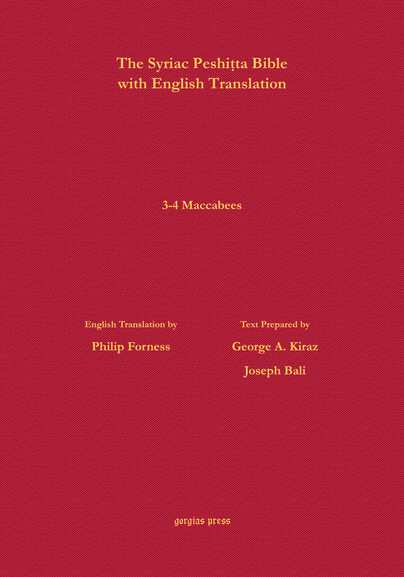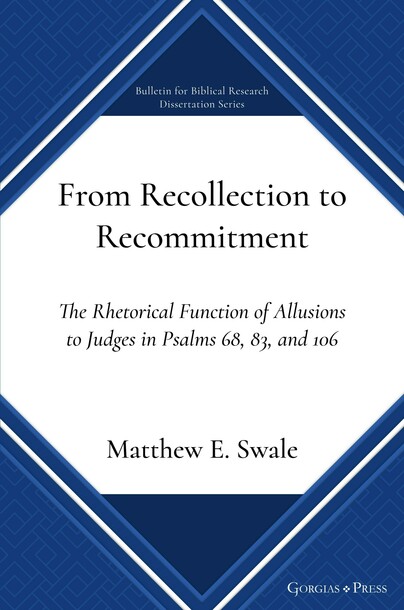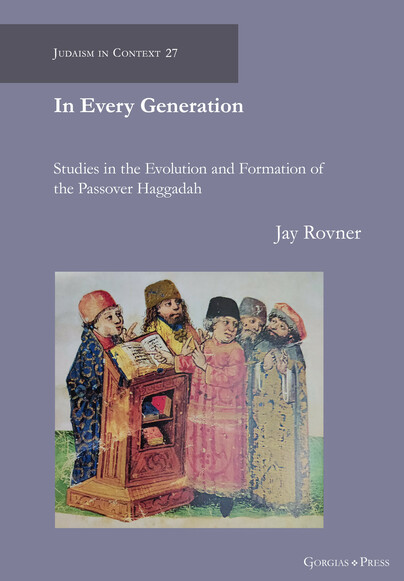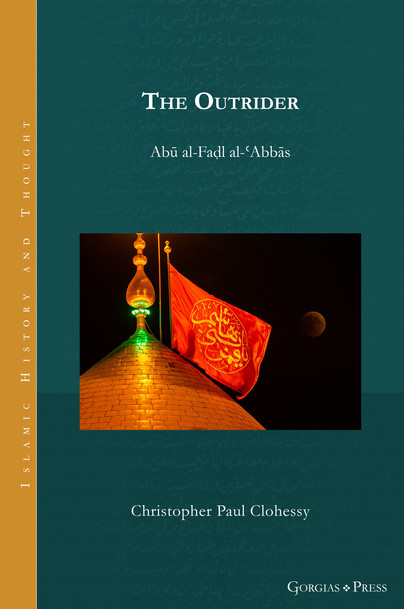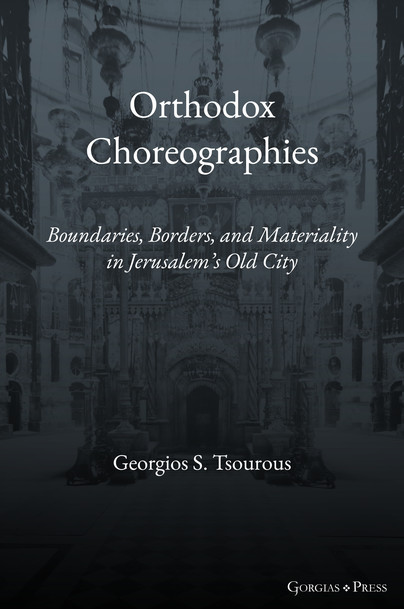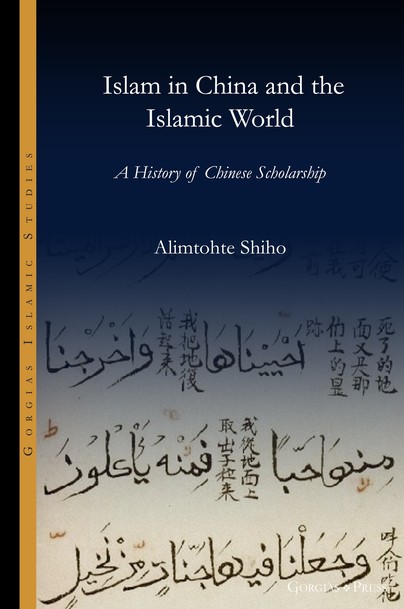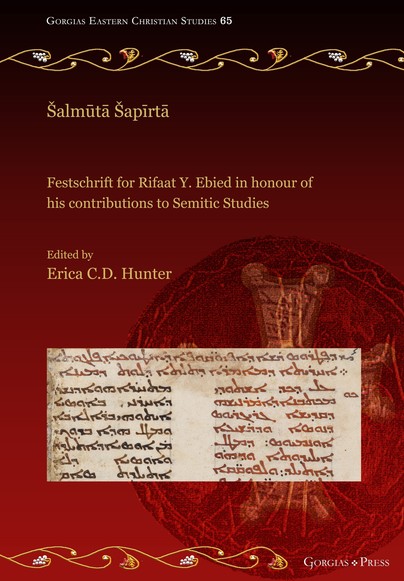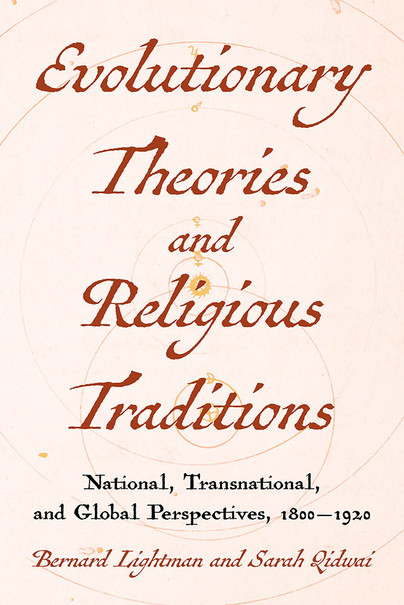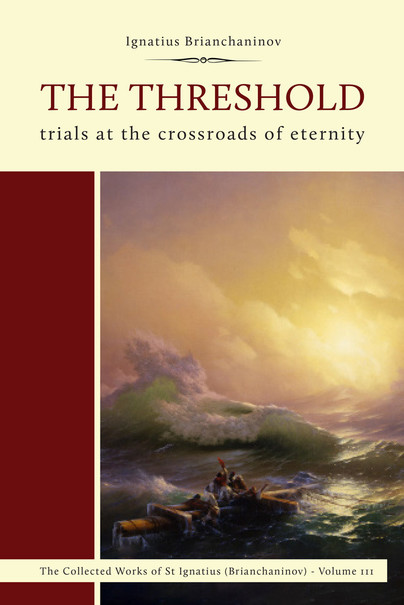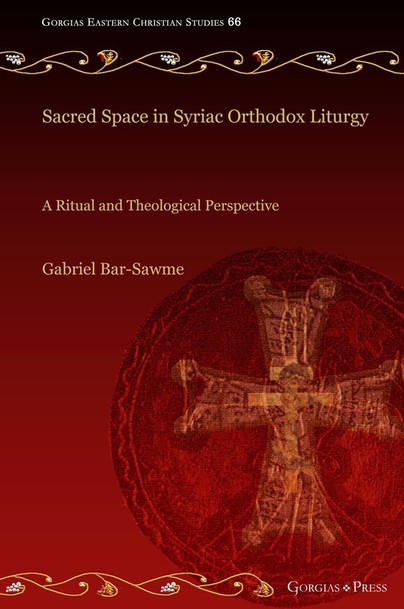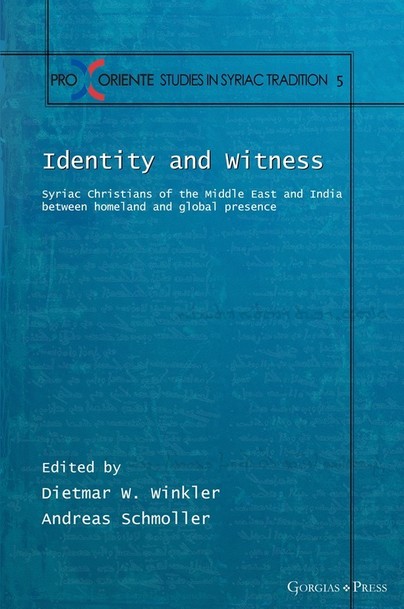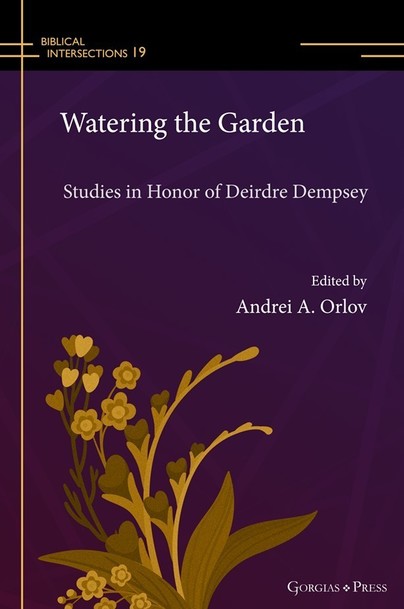Before the advent of radio, conceptions of the relationship between science and religion circulated through periodicals, journals, and books, influencing the worldviews of intellectuals and a wider public. In this volume, historians of science and religion examine that relationship through diverse mediums, geographic contexts, and religious traditions. Spanning within and beyond Europe and North America, chapters emphasize underexamined regions—New Zealand, Australia, India, Argentina, Sri Lanka, Egypt, and the Ottoman Empire—and major religions of the world, including Christianity, Hinduism, Buddhism, Confucianism, and Islam; interactions between those traditions; as well as atheism, monism, and agnosticism.
As they focus on evolution and human origins, contributors draw attention to European scientists other than Darwin who played a significant role in the dissemination of evolutionary ideas; for some, those ideas provided the key to understanding every aspect of human culture, including religion. They also highlight central figures in national contexts, many of whom were not scientists, who appropriated scientific theories for their own purposes. Taking a local, national, transnational, and global approach to the study of science and religion, this volume begins to capture the complexity of cultural engagement with evolution and religion in the long nineteenth century.
